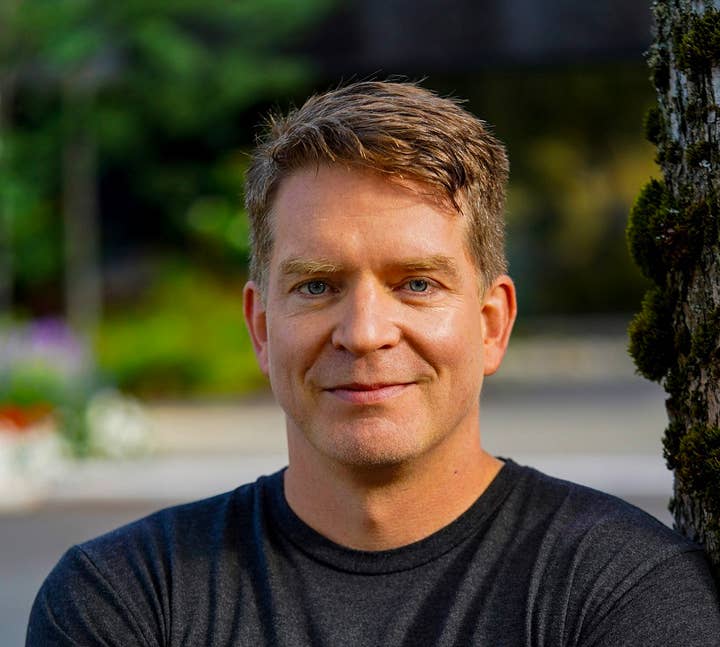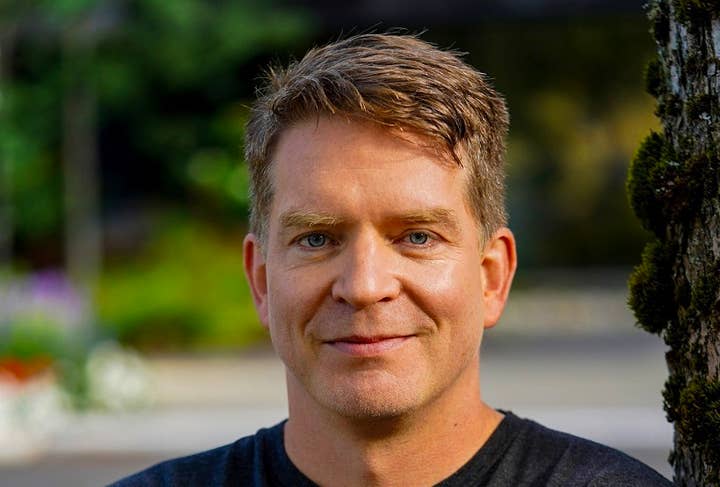ProbablyMonsters raises $200m to make games with a "people-first" culture
CEO and founder Harold Ryan says the hard part of building that culture has been convincing people he means it
As an upstart AAA studio system led by long-time CEO and president of Bungie Harold Ryan, ProbablyMonsters was probably always going to garner interest from investors. But today's announcement that it has raised $200 million in Series A funding puts it in rare company.
While ProbablyMonsters said it had raised $18.8 million in Series A funding when it first came out of stealth mode two years, that amount was since classified as a seed round. The raise announced today is entirely separate from that amount, and Ryan tells GamesIndustry.biz it's "a humbling number."

"The investor people tell me it's the biggest Series A raise in gaming ever," Ryan says. "But it's also something that when we looked at our long-term business plan, $200 million was our target for accelerating our growth and continuing to invest in our team and put our people first, so it really is a sweet spot number for us that lets us hold to our focus and growth plans."
He adds, "One of the key goals of ProbablyMonsters is to build sustainable studios and to put people first as we did it. And raising at this level really allows us to make commitments to our team that go beyond any one game or partner."
When we ask if this money was raised with an eye toward pushing the ProbablyMonsters roster beyond its three current studios -- single-player adventure game maker Cauldron Studios, online multiplayer team Firewalk Studios, and a yet-to-be-named co-op RPG studio -- Ryan avoids committing to anything but says, "building new studios and building new game universes is a core part of our DNA and it's a core part of our future-looking plan."
"Building new studios and building new game universes is a core part of our DNA"
The big question when that much money is being poured into a company is what it's doing that could produce a return on that much investment. The descriptions ProbablyMonsters has given about its projects provide little clue as to what sort of disruptive innovation the company is pursuing overall. Still, Ryan says there's an expectation to be "massively disrupting."
"When we were building the launch plans for the company itself and looking around the industries of both linear and interactive entertainment, there really wasn't anyone doing what we're doing," Ryan says. "It's why you saw us define ourselves as a new category of game company. I think a lot of what we're doing is very different."
So does that mean ProbablyMonsters is making its own take on a metaverse?
"We don't have any future IP plans to announce at this point," Ryan says. "But absolutely when you look at building places that delight gamers and delight them for generations ideally, that's absolutely a place where you'd expect a lot of game developers to be thinking and creating."
Even without more concrete details about what the company is working on, Ryan presents the company's approach to studio-building as its own kind of disruption.
"It's being a people-first company truly, anchoring our culture from the start and growing those pieces, but then optimizing the methods and process we bring to bear to help teams focus on where they're the best," Ryan says.
"It takes an effort to have people pause and take the time to invest in both themselves and in putting the people around them first before they get to the product"
"We have our platform teams which were built and structured to focus there, and our game teams, which were built to focus on their team, their culture, and ultimately their audience once they bring their games to market. And even as a game development company, starting with a strong, proper training and leadership process and mentorship built into the company I think is really unique when you look at game studios and how they're built."
Ryan has been on-message about that since ProbablyMonsters first stepped into the light, so we ask him how that plan has come together in the years since.
"The hard thing really has been convincing people that we mean it," Ryan says. "It takes an effort to have people pause and take the time to invest in both themselves and in putting the people around them first before they get to the product."
He adds, "Often teams come to me initially and say, 'Here's our development plan!' And I'm like, 'No. What's your people plan? First, tell me the words and the practices you want to use to convey the internal culture of your studio or of your team.'
"All of our team sit on the baseline of trust and respect and approachability and accountability. But inside the team, how they work and when they work, what their customer goals are, the words they use for mentorship, empowering and guiding inside their teams are all things they build up on their own."
Ryan was at Bungie from 2000 until 2016. Over that time the studio experienced tremendous success, but also struggled with a "brutal" crunch culture. Given how different the picture of ProbablyMonsters he paints is from what we know of Bungie under his leadership, we ask Ryan what's changed for him on this subject.
"For me personally, as a leader and a teammate, I've always been a people-first person," Ryan says. "With everyone, through experiences you learn and grow. But the biggest thing I have the most certainty around at this point in my career is that the example you set matters more than what you say or what you try to establish.
"And I think very much so, myself and now and for several years -- even long before I started ProbablyMonsters -- the cultural realization I came to in starting ProbablyMonsters was that if I really wanted it to be a place that would be sustainable in a positive culture, where people could learn it, foster it, and grow it beyond an original statement that goes on the wall. It had to be from the ground-up and you had to opt into it."
And just because people opt into it as it stands, that doesn't mean it can't change over time.
"Your culture only means something if it determines who you partner with, who you work with, and if it's strongest when it's an active conversation," Ryan says.

